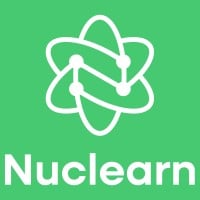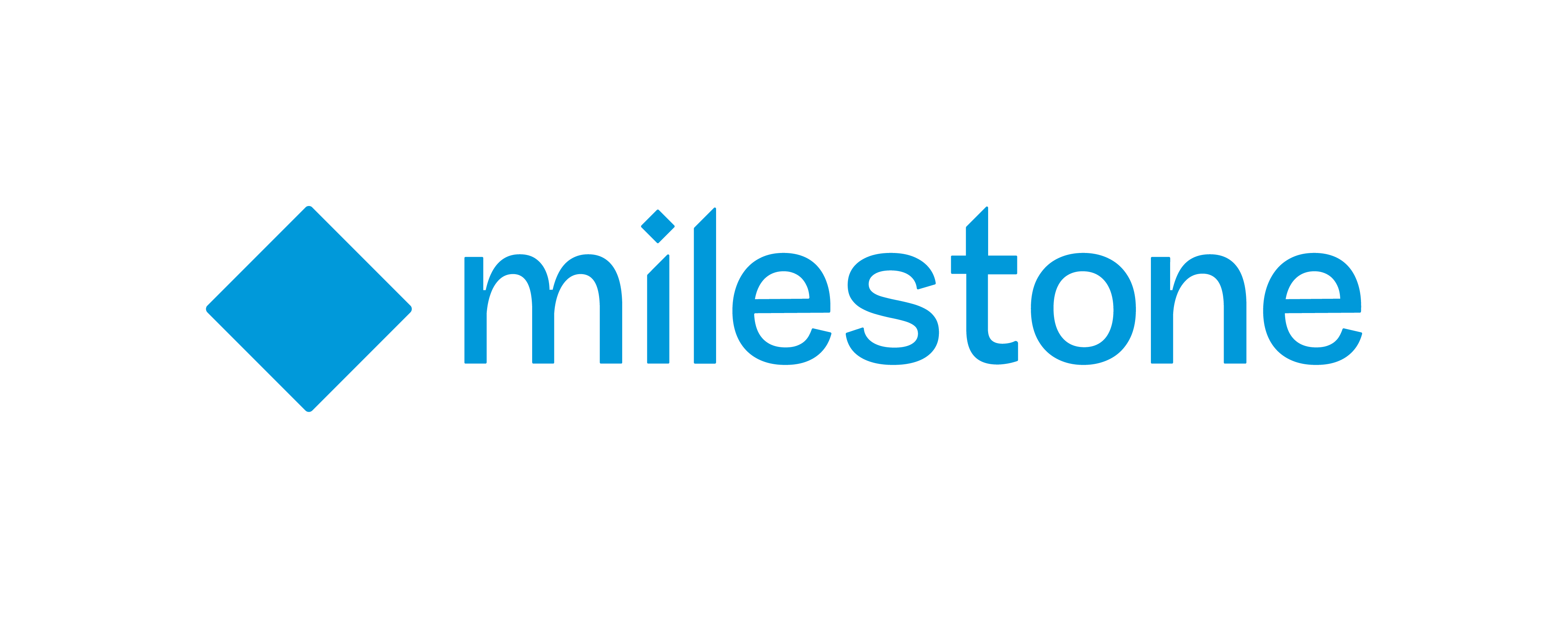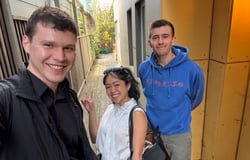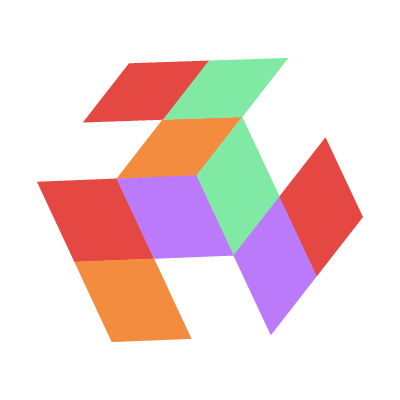Nuclearn.ai builds AI-powered software for the nuclear and utility industries - tools that keep critical infrastructure reliable, efficient, and safe. Our platform integrates AI-driven workflow, documentation, and research automation and is already used at 60+ nuclear reactors across North America. We’re looking for a Staff Engineer to take on the hardest technical problems across our stack and help scale our systems, reliability, and security.
This is a hands-on, deeply technical role for someone who can lead architecture, mentor engineers, and deliver production-grade AI in regulated environments. You’ll partner with leadership but remain an individual contributor—your impact is through technical design, code, and cross-team influence, not direct people management.
Eligibility: U.S. citizenship or permanent residency (green card) is required due to DOE export compliance.
The role & impactYou’ll report to the VP of Engineering and operate as a senior technical resource across software and AI integration. You’ll define system architectures, resolve the thorniest technical challenges, and set standards for correctness, reliability, and secure delivery. Staff Engineers at Nuclearn scale their impact across multiple teams, ensuring we deliver dependable AI-powered software in customer-integrated, safety-critical settings.
What you’ll ownArchitecture & design
- Lead design reviews for core systems and integrations, ensuring correctness, safety, and maintainability.
- Establish typed contracts, schema migration discipline, and resilient messaging/queuing patterns.
- Drive end-to-end architecture for reliability (retries, backpressure, DLQs, circuit breakers).
Technical delivery
- Ship critical features hands-on: from backend APIs to AI-powered workflows and integrations.
- Prototype and scale new patterns (retrieval pipelines, secure on-prem deployments, fleet telemetry).
- Own deep dives into Sentry errors, performance bottlenecks, and infra incidents—then harden systems against recurrence.
AI-assisted development
- Embed AI into engineering workflows: automated test synthesis, AI-assisted code review, log summarization, postmortem drafting.
- Define safe-use patterns for AI copilots, balancing velocity with correctness and auditability.
Reliability & observability
- Design and enforce SLOs, error budgets, and telemetry standards.
- Ensure system reliability across air-gapped, hybrid, and cloud deployments.
- Lead incident drills, root cause analyses, and resilience testing.
Security & compliance
- Partner with cybersecurity to embed secure design principles (least privilege, identity/SSO, audit trails).
- Help shape SOC 2/ISO 27001-aligned engineering practices without slowing delivery.
Mentorship & influence
- Raise the bar for engineers through technical coaching, pairing, and modeling how to tackle complex problems.
- Shape the engineering culture toward correctness, safety, and thoughtful AI adoption.
- Cut a noisy class of Sentry errors by 30%+ via task idempotency, DLQs, and AI-assisted log triage.
- Define a reference architecture for OneNote → AtomAssist ingestion (schema validation, replayable queues, full lineage).
- Stand up fleet telemetry for edge appliances: health checks, secure update channels, DR runbooks.
- Partner on SOC-2/ISO-27001 audit prep by embedding secure coding and release practices.
- Prototype copilot-style UX flow for CAP AI with human-in-the-loop diff-based approvals.
- Have shipped complex distributed systems or AI-powered features in regulated or safety-critical domains.
- Are a hands-on problem solver: you can debug a Celery queue, reason about infra topologies, and design APIs with typed contracts.
- Care deeply about correctness and resilience: migrations with backfills, idempotent jobs, secure deployments.
- Communicate clearly under pressure, keeping teams focused when the alerts page lights up.
- Enjoy working across boundaries—software, infra, security, and product—to deliver solutions that matter to utilities.
Nice to have (not required)
- Experience with RAG/data pipelines, vector search, feature stores, or LLM ops (prompt/versioning, evals, monitoring).
- Background in nuclear/utility or other safety-critical industries.
- SOC 2/ISO 27001 experience.
- Familiarity with Maximo, DevonWay, Microsoft 365 integrations.
- Frontend: React, JavaScript, HTML/CSS
- Backend: Python (FastAPI)
- Data/Infra: PostgreSQL, SQLite; Redis, RabbitMQ, Celery; Docker/Podman, Kubernetes; GitHub Actions
- Observability: Sentry, Netdata; expanding OpenTelemetry footprint
- Quality: PyTest, Cypress; CI-driven test automation and V&V evidence capture
- Security: dependency/SBOM scanning, SIEM/EDR, secrets management, identity/SSO, vulnerability management
- Edge/On-prem: hardened images, secure update channels, fleet telemetry, backup/restore, DR runbooks
- Base salary: $200k - $230k
- Equity: 0.05% - 0.25%
- Benefits: Unlimited PTO, health/dental/vision insurance
- Full-time, salaried. Hybrid at Phoenix HQ (≥80% in-office; Wednesdays remote).
- Occasional travel to customer sites, conferences, or auditors as needed.
- 20-min founder intro to trade context and assess mutual fit
- Technical deep dive (architecture, reliability, AI-assisted workflows)
- Team panel + working session (design review, incident/RCA exercise)
- Final chat on 90-day plan & success metrics
We aim to move from first chat to decision quickly.
Top Skills

What We Do
With over 60 reactors around the world relying on our technology, Nuclearn is built on one simple idea: nuclear deserves better tools. Our team—made up of nuclear professionals and engineers—set out to modernize the industry by applying AI to some of its most critical, and often outdated, processes.
“We saw this massive gap,” said Bradley Fox, CEO and co-founder. “You’ve got the tech to split atoms, but a lot of the supporting work is still done with decades-old systems. We knew AI could help streamline that complexity—making things safer, faster, and more efficient. It’s a win for the plants, and for the future of clean energy.”
Jerrold Vincent, our CFO and co-founder, adds: “Back in 2016, we recognized the potential for AI to support nuclear—not just in cutting costs, but in preparing the next generation of workers. That’s why we started Nuclearn. We believe AI is one of the best tools we have to keep nuclear strong for the long haul.”
The software we’ve built isn’t generic. It’s nuclear-specific, pre-trained, and ready to go—designed by people who’ve lived the process and know exactly what this industry needs.










